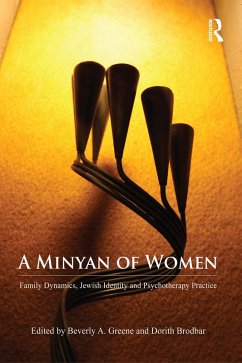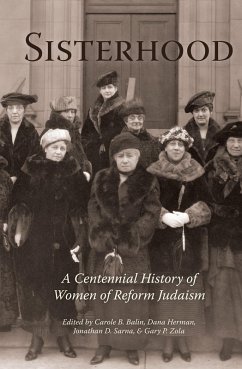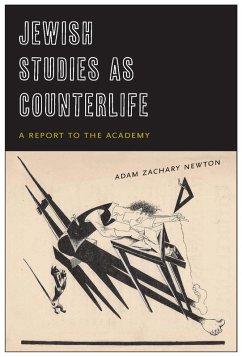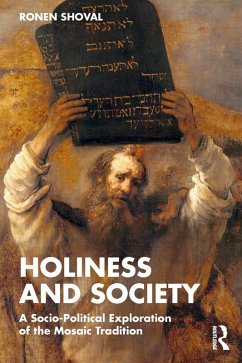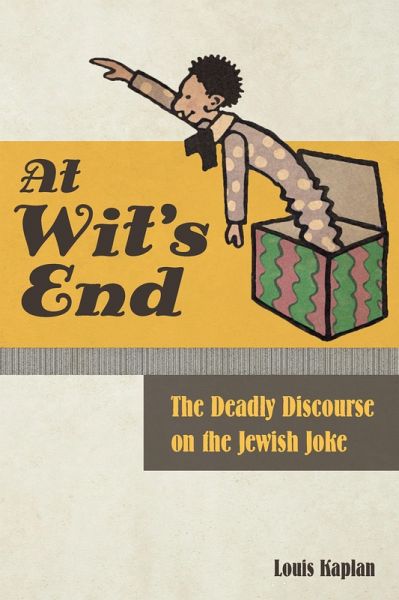
At Wit's End (eBook, PDF)
The Deadly Discourse on the Jewish Joke

PAYBACK Punkte
11 °P sammeln!
CHOICE: OUTSTANDING ACADEMIC TITLE A scholarly and thought-provoking work that places Jewish humor at the center of a discourse about Jewish and German relations through most of the twentieth century. At Wit's End explores the fascinating discourse on Jewish wit in the twentieth century when the Jewish joke became the subject of serious humanistic inquiry and inserted itself into the cultural and political debates among Germans and Jews against the ideologically charged backdrop of anti-Semitism, the Jewish question, and the Holocaust. The first in-depth study to explore the Jewish joke as a c...
CHOICE: OUTSTANDING ACADEMIC TITLE A scholarly and thought-provoking work that places Jewish humor at the center of a discourse about Jewish and German relations through most of the twentieth century. At Wit's End explores the fascinating discourse on Jewish wit in the twentieth century when the Jewish joke became the subject of serious humanistic inquiry and inserted itself into the cultural and political debates among Germans and Jews against the ideologically charged backdrop of anti-Semitism, the Jewish question, and the Holocaust. The first in-depth study to explore the Jewish joke as a crucial rhetorical figure in larger cultural debates in Germany, author Louis Kaplan presents an engrossing and lucid work of scholarship that examines how "der jüdische Witz" (referring to both Jewish wit and jokes) was utilized differently in a number of texts, from the Weimar Republic to the rise of National Socialism, and how it was re-introduced into the public sphere after the Holocaust with the controversial publication of Salcia Landmann's collection of Jewish jokes in the reparations era (Wiedergutmachung). Kaplan reviews the claims made about the Jewish joke and its provocative laughter by notable writers from a variety of ideological perspectives, demonstrating how their reflections on this complex cultural trope enable a better understanding of German-Jewish intercultural relations and their eventual breakdown in the Third Reich. He also illustrates how selfcritical and self-ironic Jewish Witz maintained a fraught and ambivalent relationship with anti-Semitism. In reviewing this critical and traumatic moment in modern German-Jewish history through the deadly discourse on the Jewish joke, At Wit's End includes chapters on the virulent Austrian anti-Semitic racial theorist Arthur Trebitsch, the Nazi racial propagandist Siegfried Kadner, the German Marxist cultural historian Eduard Fuchs, the Jewish diasporic historian Erich Kahler, and the Jewish cabaret impresario Kurt Robitschek, among others. Shedding new light on anti-Semitism and on the Jewish question leading up to the Holocaust, At Wit's End provides readers with a unique perspective by which to gain important insights about this crucial historical period that reverberates into the present day, when potentially offensive humor coupled with a toxic political climate and xenophobia can have deadly consequences.
Dieser Download kann aus rechtlichen Gründen nur mit Rechnungsadresse in A, B, BG, CY, CZ, D, DK, EW, E, FIN, F, GR, HR, H, IRL, I, LT, L, LR, M, NL, PL, P, R, S, SLO, SK ausgeliefert werden.




